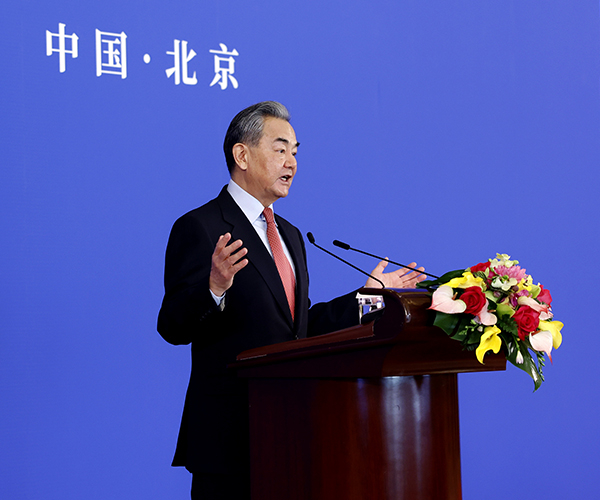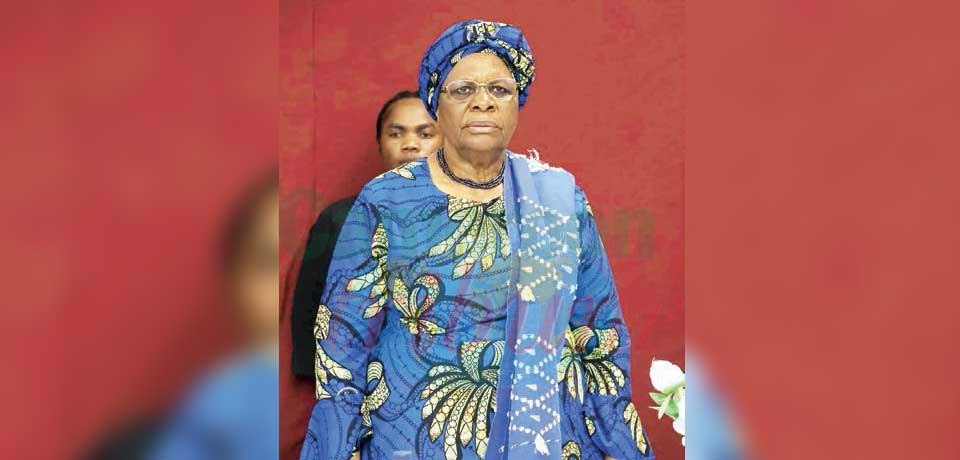Efforts By International Institutions
- Par Eldickson Agbortogo
- 03 oct. 2024 13:23
- 0 Likes
Apart from financing most of the efforts, some members of the institutions do deploy troops to the crisis areas.
Because the human and economic costs of conflicts have adverse national and cross-border consequences that leads to an increased number of refugees and internally displaced persons, proliferation of small arms and light weapons, the Organization of African Unity/African Union (OAU/AU) during its 50th Anniversary in May 2013, adopted a landmark declaration. They vowed that Africa would not bequeath the burden of conflicts to the next generation and made a commitment to end violent conflicts on the continent by 2020. This was translated into the AU initiative: Silencing the Guns by 2020. In fulfillment of the declaration, a Draft African Union Master Roadmap of Practical Steps to Silence the Guns was put in place.
Since the adoption of the Master Roadmap, progress has been made by Member States on conflict prevention, management, resolution and post conflict reconstruction and development as well as peace-building initiatives in the signing and implementation of peace agreements between countries not at peace. In order to have a conflict-free Africa in countries like, Democratic Republic of Congo, Central African Republic, Somalia, Sahel/Mali, South Sudan, Burundi, Guinea Bissau and Libya, the AU and its sub-regional organizations have developed significant institutional capacity over the past decade to undertake early warning analysis and conflict prevention. In this regard, the AU has built an impressive toolbox for prevention and peacemaking. These include the Continental Early Warning System, the Panel of the Wise, Special Envoys, and ad hoc mediation panels, often comprised of sitting and former Heads of State. The AU also has experience in deploying liaison offices and “special political missions” in countries at risk. The AU also provides strategic, political, technical, and planning support to operations authorized by the Peace and Security Council and carried out by regional coalitions of Member States, Regional Economic Communities (RECs).
Even though the Economic Commu...
Cet article complet est réservé aux abonnés
Déjà abonné ? Identifiez-vous >
Accédez en illimité à Cameroon Tribune Digital à partir de 26250 FCFA
Je M'abonne1 minute suffit pour vous abonner à Cameroon Tribune Digital !
- Votre numéro spécial cameroon-tribune en version numérique
- Des encarts
- Des appels d'offres exclusives
- D'avant-première (accès 24h avant la publication)
- Des éditions consultables sur tous supports (smartphone, tablettes, PC)
















Commentaires